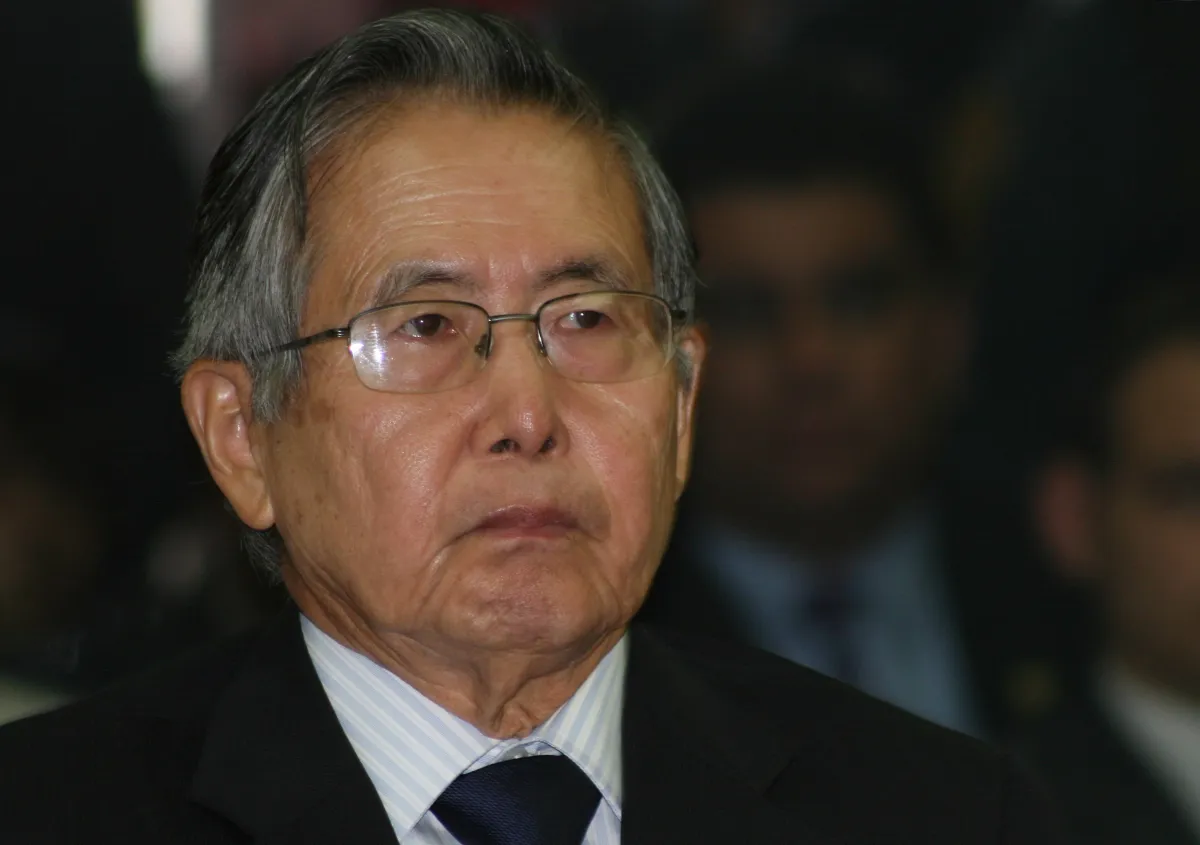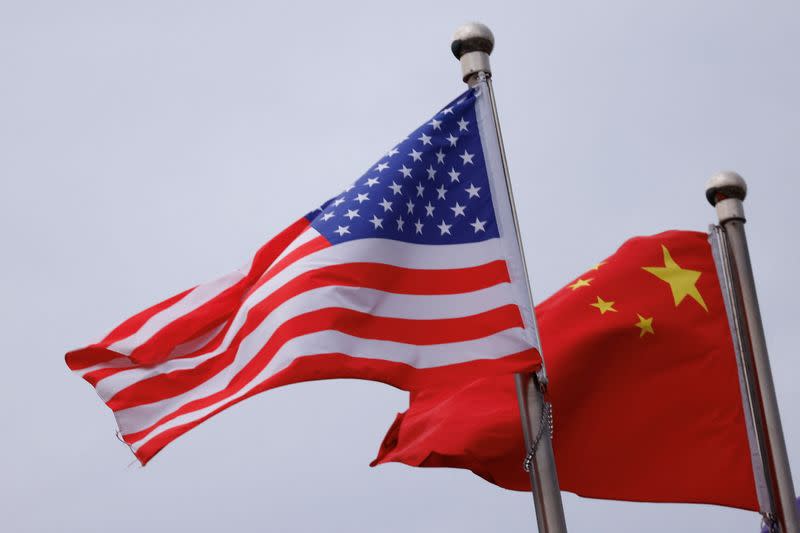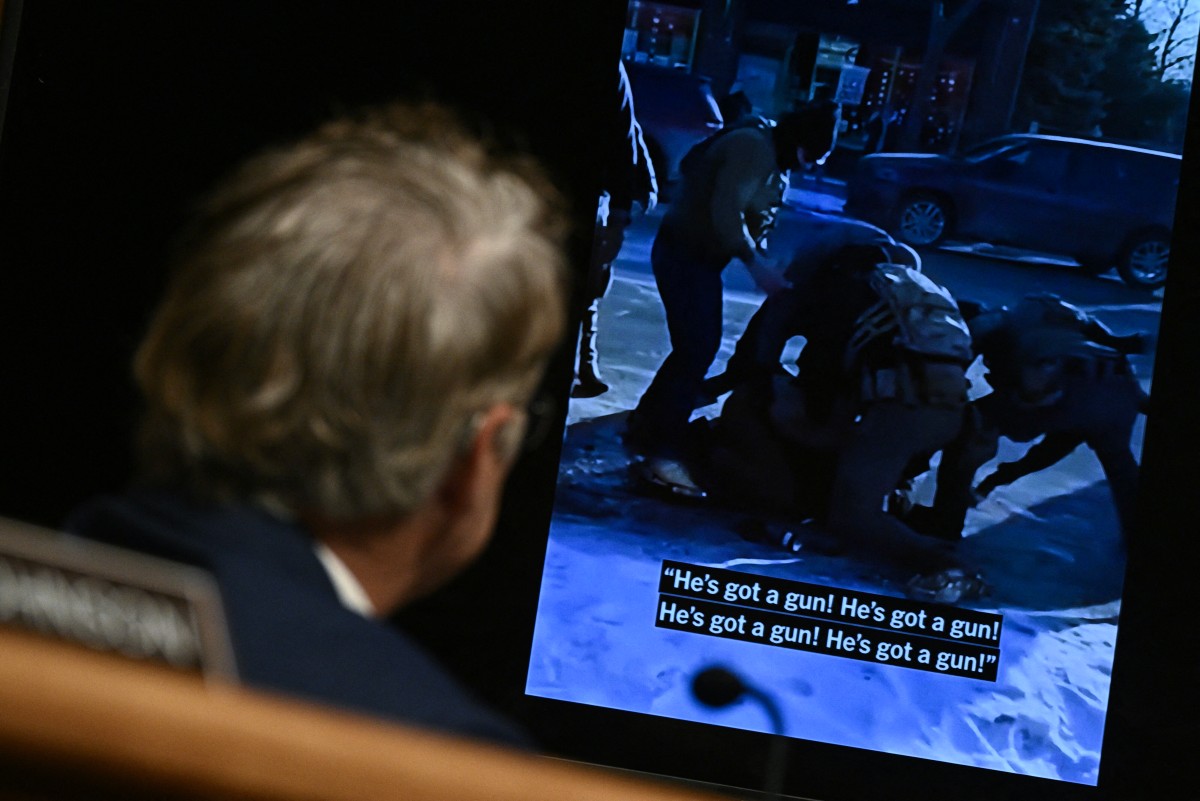International
UN: forced sterilizations in Peru in the 90s would constitute a crime against humanity

The policy of forced sterilizations in Peru during the government of Alberto Fujimori (1990-2000), of which more than 300,000 women were victims, was a form of violence directed “particularly against indigenous, rural and disadvantaged women” that could be considered a crime against humanity, a UN committee of experts ruled on Wednesday.
“Generalized or systematic forced sterilization could constitute a crime against humanity according to the Rome statute,” said the Committee for the Elimination of Discrimination against Women, which expressed its concern about the law enacted by Peru that prevents the prosecution of this type of serious crimes if they were committed before 2002.
The conclusion of the group of 23 experts (22 women and one man) was adopted after reviewing a complaint filed by five victims forcibly sterilized between 1996 and 1997, as part of the birth policies developed by the Peruvian Government, of which 25,000 men were also victims.
Sterilizations in Peru without the consent of the victims
“The victims described a consistent pattern of coercion, pressure or deception to undergo sterilizations in clinics without adequate infrastructure or trained personnel,” said committee member Leticia Bonifaz.
He added that the procedures were carried out without the consent of the victims, some of them unable to fully understand the nature of the operations.
The committee stressed that Peru did not comply with its obligation to properly investigate these violations or to adequately compensate the victims, so it made an urgent appeal to the State to accelerate or expand its investigations, providing financial compensation and psychological support.
Testimonies of those affected
The committee’s decision collected testimonies such as that of a victim from the department of Huánuco, in the north center of the country, who was arrested in the street by medical practitioners in 1996, subsequently sedated and when she woke up she was told that she was “cured” because she could no longer have children.
Immediately after the intervention she had to walk home for two hours, without any postoperative care, and her husband abandoned her when she discovered that the sterilization, the document pointed out, putting this case as an example of the serious consequences on physical and mental health that those campaigns had.
The case was presented in 2020 to the United Nations committee, in charge of ensuring compliance with the Convention on the Elimination of All Forms of Discrimination against Women, ratified by Peru in 2001.
Violent campaign against women
Although there were also male victims of sterilizations, the committee interpreted that this campaign was especially violent with women, due to the different nature of the interventions and the associated surgical risks.
“They were part of a systematic and widespread attack against rural women of peasant or indigenous origin, and the policy resulted in the annulment and replacement of their reproductive autonomy,” Bonifaz denounced.
International
Florida judge sets 2027 trial in Trump’s $10 billion lawsuit against BBC

A federal judge in Florida has scheduled February 2027 for the trial in the lawsuit filed by U.S. President Donald Trump against the BBC, in which he is seeking $10 billion in damages for defamation.
Trump accuses the British broadcaster of airing a misleading edit of a speech he delivered on January 6, 2021, which, he says, made it appear that he explicitly urged his supporters to attack the U.S. Capitol in Washington.
The president filed the suit in December in federal court in Florida, alleging defamation and violations of a law governing business practices when the program was broadcast ahead of the 2024 election.
Trump is seeking $5 billion in damages for each of the two claims.
Lawyers for the BBC unsuccessfully asked the court to dismiss the case, arguing that Trump had not suffered a “legally recognizable harm,” since the investigative program Panorama, which included the edited footage, aired outside the United States.
International
Head-of-state diplomacy key to guiding China–U.S. ties, Beijing says

Head-of-state diplomacy plays an irreplaceable strategic guiding role in China–United States relations, Chinese Foreign Ministry spokesperson Lin Jian said on Thursday during a regular press briefing, when asked about high-level exchanges between the two sides.
Lin added that in a recent phone call, U.S. President Donald Trump once again expressed his intention to visit China in April, while Chinese President Xi Jinping reiterated his invitation.
Both sides remain in communication regarding the matter, the spokesperson said.
Lin noted that the essence of China–U.S. economic and trade ties lies in mutual benefit and win-win outcomes.
“Both parties should work together to implement the important consensus reached by the two heads of state, injecting greater certainty and stability into China–U.S. economic and trade cooperation, as well as into the global economy,” he said.
International
Trump administration to end special immigration operation in Minnesota

The administration of Donald Trump is bringing to a close its special operation targeting illegal immigration in the northern state of Minnesota, border czar Tom Homan announced Thursday, following weeks of unrest and the fatal shootings of two activists by federal agents.
Thousands of federal officers had been deployed to Minnesota in December to carry out large-scale raids against undocumented immigrants.
The operations triggered strong reactions from residents and advocacy groups, leading to daily confrontations and the deaths of two people who were shot by federal agents.
“I proposed, and President Trump agreed, that this special operation should end in Minnesota,” Homan said during a press conference in the state capital, Minneapolis.
“A significant drawdown began this week and will continue into next week,” he added.
Homan indicated that similar enforcement efforts could be launched in other cities.
“Next week we will redeploy the agents currently here back to their home stations or to other parts of the country where they are needed. But we will continue to enforce immigration laws,” he said.
-

 Central America4 days ago
Central America4 days agoGuatemala isolates Barrio 18 leader after attacks that killed 11 police
-

 Sports5 days ago
Sports5 days agoShakira ignites El Salvador with near sold-out residency at Mágico González Stadium
-

 International2 days ago
International2 days agoU.S. Health Department says CDC grants no longer match agency priorities
-

 International1 day ago
International1 day agoOver 50 Civil Groups Urge House to Impeach DHS Secretary Kristi Noem
-

 International2 days ago
International2 days agoICE Arrests Reach 379,000 Under Trump, Testimony Shows Amid Minnesota Shootings
-

 Central America1 day ago
Central America1 day agoGuatemala to Phase Out Longstanding Medical Cooperation Agreement with Cuba
-

 International2 days ago
International2 days agoDespite homicide drop, overall deadly violence remains high in Mexico: study
-

 International2 days ago
International2 days agoSheinbaum Urges Mexico to ‘Jealously’ Guard Sovereignty at Air Force Anniversary
-

 International2 days ago
International2 days agoJet Fuel Crisis Hits Cuba: Flights Disrupted, Air Canada Cancels Services
-

 International2 days ago
International2 days agoMEPs Approve Plan That Could Fast-Track Rejection of Some Asylum Claims
-

 International1 day ago
International1 day agoNew York’s New Archbishop Names Óscar Romero as His Favorite Saint
-

 International2 days ago
International2 days agoMexico Rises Slightly to 141st in Global Corruption Perceptions Index 2025
-

 International3 hours ago
International3 hours agoFlorida judge sets 2027 trial in Trump’s $10 billion lawsuit against BBC
-

 International3 hours ago
International3 hours agoTrump administration to end special immigration operation in Minnesota
-

 International3 hours ago
International3 hours agoHead-of-state diplomacy key to guiding China–U.S. ties, Beijing says
-

 International1 day ago
International1 day agoExclusive Tucson Neighborhood Shaken by Disappearance of Savannah Guthrie’s Mother
-

 International2 days ago
International2 days agoChile Unveils Latam-GPT to Give Latin America Its Own AI Model


























